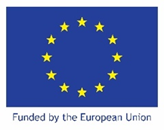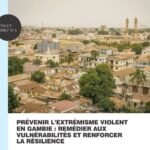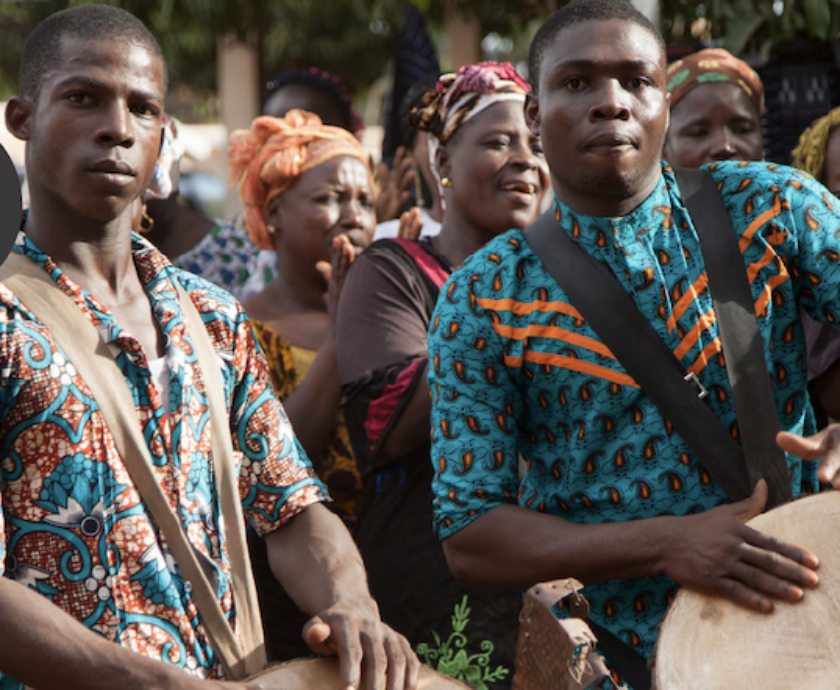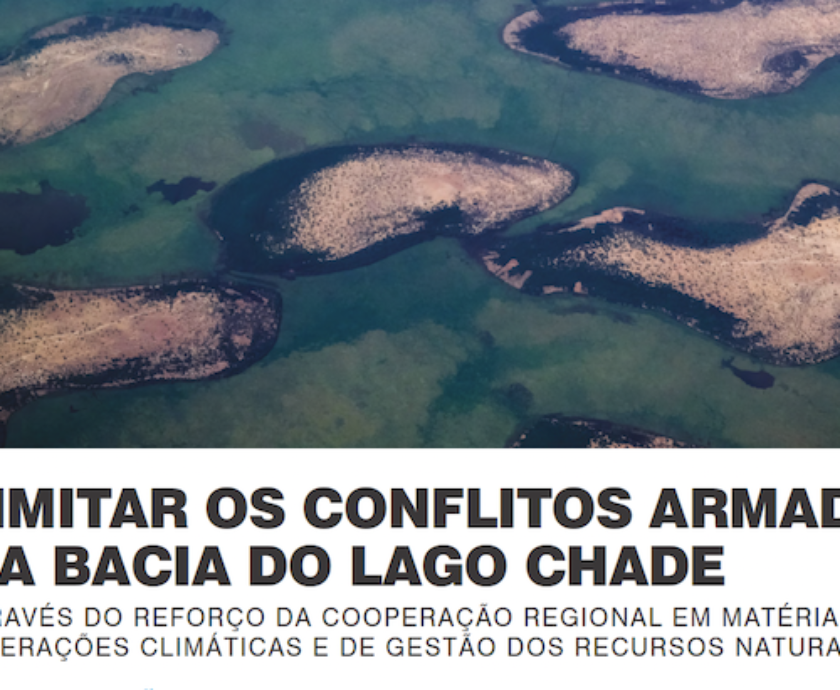In recent years, the Sahel has emerged as a hotspot of security crises. Violent attacks against civilian targets and symbols of state institutions by jihadist groups and other violent extremist organisations continue to draw regional and global attention to this complex security situation, which is also gradually extending southward to the West African coastal states. In light of the implications of radicalism and violent extremism for development, peace, and stability, the Gambian government, alongside non-governmental organisations (NGOs) and community-based actors, continues to address these challenges through policies aimed at reducing economic hardship while reinforcing traditional peacebuilding structures within the context of the Infrastructure for Peace (I4P) framework. Against this backdrop, this Policy Brief provides an in-depth analysis of the major drivers of radicalisation and violent extremism in The Gambia. It documents the roles of key actors and initiatives in preventing radicalisation and violent extremism and assesses the effectiveness of collaboration among humanitarian-development-peace (HDP) nexus actors. It also provides evidence-based policy recommendations to enhance collaboration among HDP actors and strengthen community resilience in The Gambia within the context of the ongoing democratic transition and reform agenda.
About The Author
Brian Gai
Lecturer – Political Science Unit at the University
of The Gambia
Programs Lead for the Democratic Governance Department
at the Centre for Research and Policy Development (CRPD)






